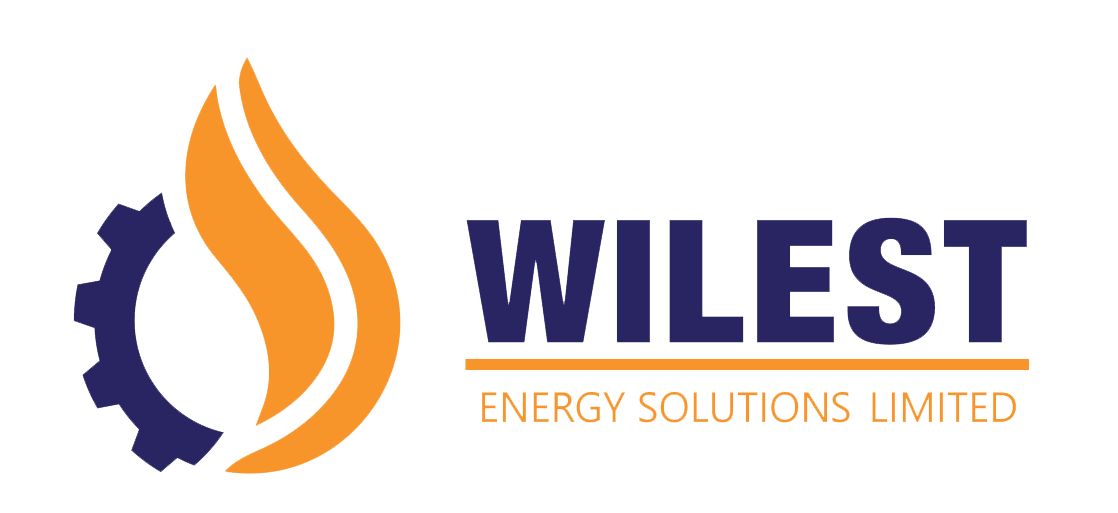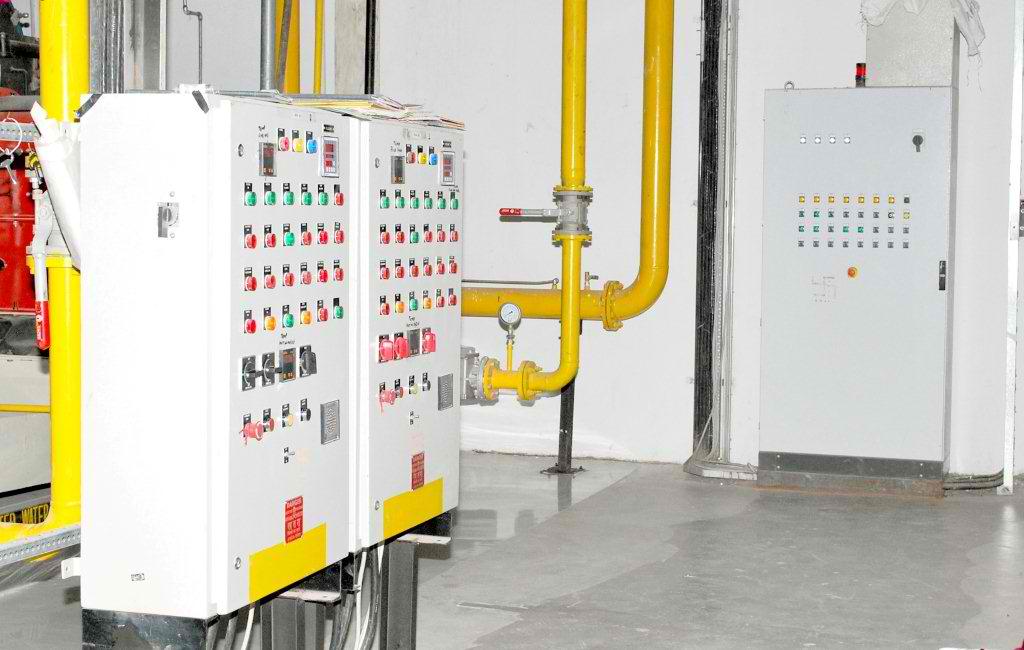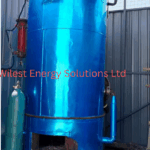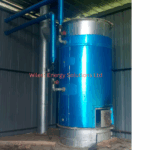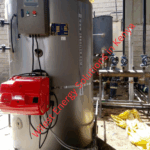A Boiler Operator is a skilled worker who is responsible for the safe and efficient operation of industrial boilers. These professionals are in high demand, particularly in the manufacturing and industrial sectors, where steam and heat are required for the production process. In Kenya, this is a well-paying profession, and this article will delve into the details of how much a Boiler Operator can earn.
The salary of a Boiler Operator in Kenya depends on several factors, including their level of experience, the industry they work in, the location, and the type of boiler they operate. According to Payscale, an online salary survey platform, the average salary for a Boiler Operator in Kenya is KES 593,000 per year, which is equivalent to KES 49,417 per month.

Entry-level Boiler Operators in Kenya can expect to earn an average of KES 20,000 to KES 30,000 per month, depending on the industry they work in. However, with experience and skill development, this salary can increase significantly. Mid-level Boiler Operators with 5-10 years of experience can earn up to KES 70,000 per month, while senior-level operators with over 10 years of experience can earn up to KES 120,000 per month.
The industry a Boiler Operator works in also plays a significant role in determining their earnings. Those working in the manufacturing sector tend to earn higher salaries compared to those in other industries. In addition, operators working in larger organizations or multinationals tend to earn more than those working in smaller companies.
Location is also an important factor when it comes to Boiler Operator salaries in Kenya. Those working in major cities such as Nairobi and Mombasa tend to earn more than those in smaller towns and rural areas. This is due to the higher cost of living in major cities and the increased demand for skilled labor in these areas.
The type of boiler a Boiler Operator operates also affects their earnings. Those operating larger and more complex boilers tend to earn more than those operating smaller and simpler ones. This is due to the higher skill level required to operate larger boilers, which can pose more significant risks if not operated correctly.
Boiler Operators are well-paid professionals in Kenya, with an average salary of KES 593,000 per year. However, earnings can vary significantly based on experience, industry, location, and the type of boiler operated. With the right training, experience, and skill development, Boiler Operators in Kenya can earn a lucrative salary and enjoy a fulfilling career in this essential industry.
How Do I become a boiler operator in Kenya?
Becoming a Boiler Operator in Kenya requires specialized training and certification. Here are the steps you need to follow to become a Boiler Operator in Kenya:
- Education: To become a Boiler Operator, you need at least a high school diploma or its equivalent. Additionally, it is helpful to have a background in math, physics, and mechanical engineering.
- Training: Once you have the necessary educational background, you need to enroll in a training program that specializes in boiler operation. In Kenya, there are several institutions that offer such training programs, such as technical colleges and vocational schools.
- Apprenticeship: After completing the training program, you need to undergo an apprenticeship. During this time, you will work alongside experienced Boiler Operators, gaining practical experience in boiler operation. The length of the apprenticeship may vary depending on the institution, but it usually takes between 1-2 years.
- Certification: Once you have completed the apprenticeship, you need to obtain certification from the relevant regulatory body. In Kenya, this is the Directorate of Occupational Safety and Health Services (DOSHS), which is responsible for issuing boiler operation certificates. To obtain certification, you need to pass a written and practical exam.
- Job Search: With your certification in hand, you can begin your job search. Boiler Operators are in high demand in Kenya, particularly in the manufacturing and industrial sectors. You can start by searching for job openings on online job boards or contacting companies directly.
- Continued Education: To maintain your certification, you need to complete ongoing education and training. This is necessary to keep up with the latest industry developments and maintain your skills.
In conclusion, becoming a Boiler Operator in Kenya requires specialized training, apprenticeship, certification, and ongoing education. With the right training and certification, you can enjoy a rewarding and well-paying career as a Boiler Operator in Kenya.
